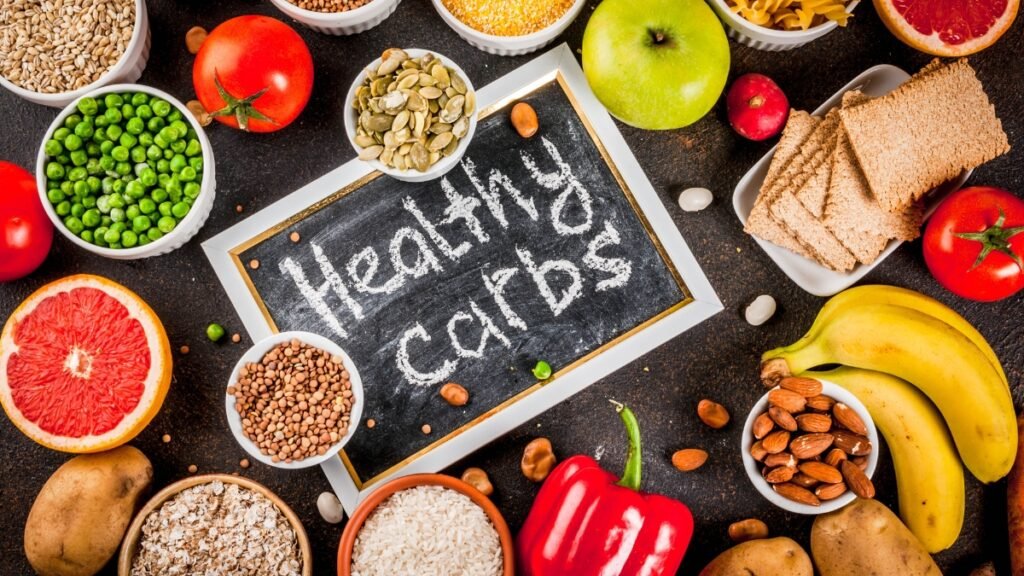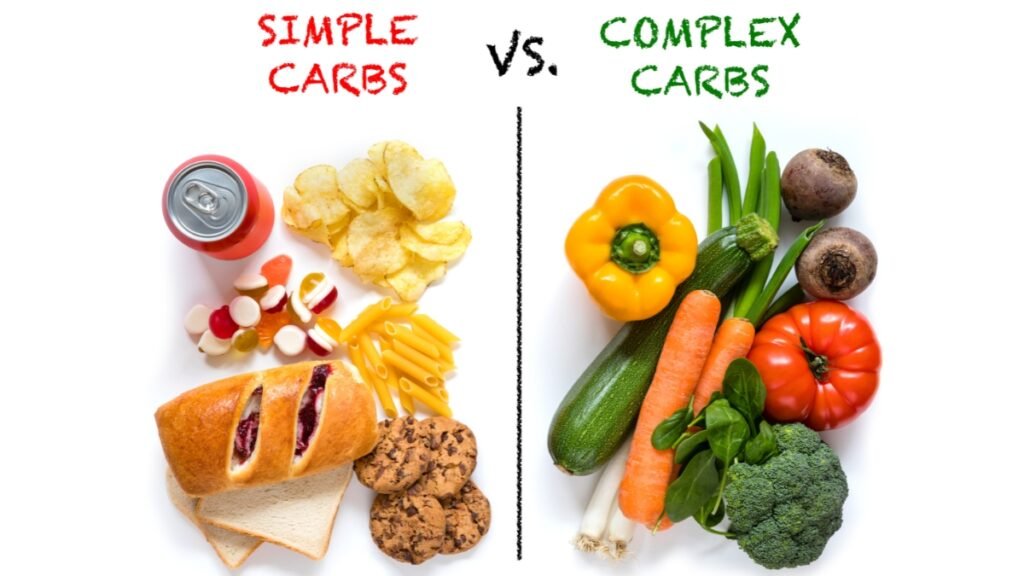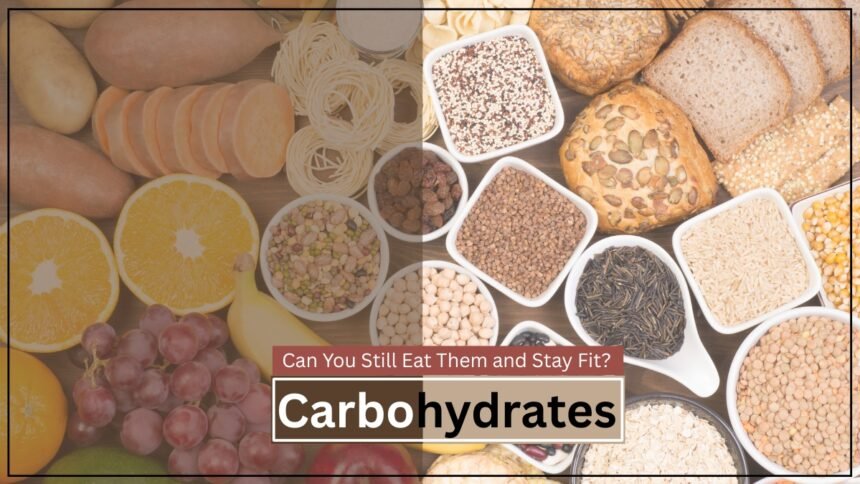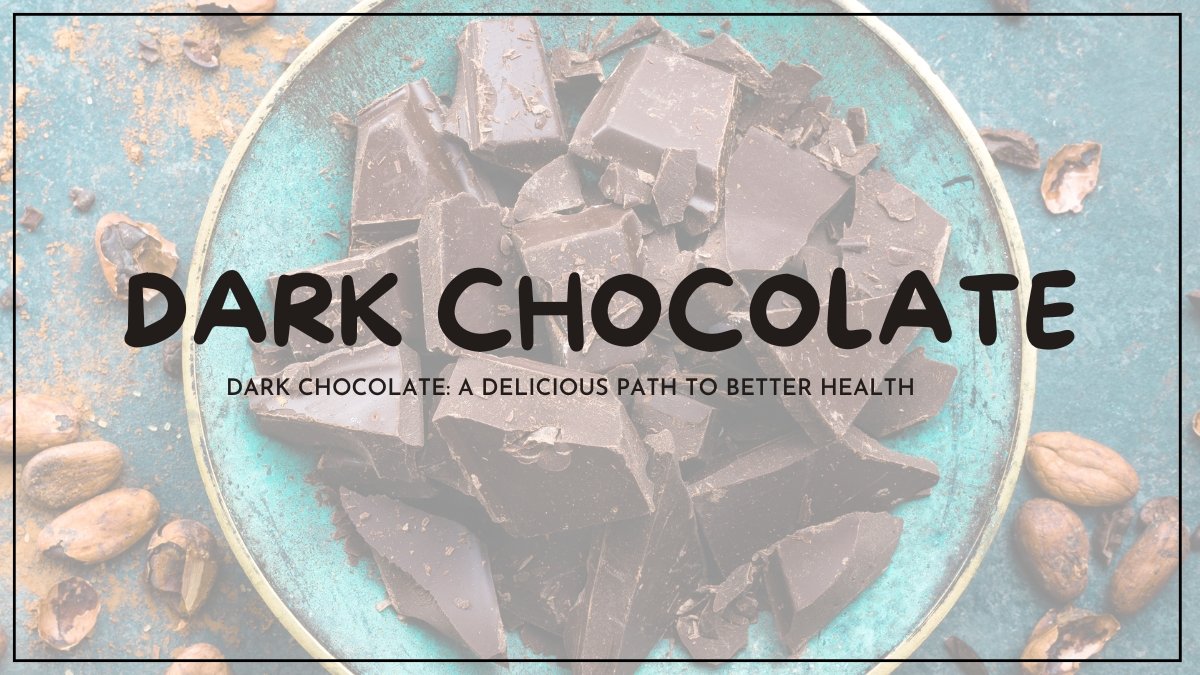Carbohydrates : In the ever-evolving world of health and fitness, carbohydrates — commonly referred to as “carbs” — have taken quite a beating over the years. From low-carb diets like Atkins and Keto to influencers demonizing bread and pasta, it’s easy to think that carbs are your worst enemy if you’re trying to stay fit. But here’s the truth: carbohydrates aren’t evil. In fact, they’re an essential part of a balanced diet — if consumed wisely.
In this blog, we’ll dive deep into what carbohydrates really are, why they get such a bad reputation, how your body processes them, and — most importantly — how you can include them in your diet and still stay fit.
READ MORE:- Dark Chocolate: A Delicious Path to Better Health
1. What Are Carbohydrates?
Carbohydrates are one of the three macronutrients your body needs to function (the others being proteins and fats). They’re found in a wide range of foods — fruits, vegetables, grains, legumes, dairy, and even sugary snacks.
Scientifically speaking, carbs are molecules made up of carbon, hydrogen, and oxygen. Your body breaks them down into glucose, which is then used for energy.
Types of Carbohydrates
- Sugars: Found in fruits, dairy, and sweets.
- Starches: Found in bread, rice, pasta, and vegetables.
- Fiber: Found in whole grains, fruits, and vegetables. It’s not digested but is essential for gut health.

2. Types of Carbohydrates : Simple vs. Complex
Understanding the difference between simple and complex carbs is key to making smart dietary decisions.
Simple
- Quickly digested and absorbed
- Cause rapid spikes in blood sugar
- Found in: candy, white bread, pastries, soda
Complex
- Digested more slowly
- Provide steady energy
- Found in: whole grains, beans, vegetables, oats

3. The Role of Carbohydrates in the Body
Carbohydrates are your body’s primary energy source. When you eat carbs, your body converts them into glucose, which fuels your cells, tissues, and organs.
Key Roles:
- Fuel for physical activity
- Brain function support
- Muscle recovery
- Metabolism regulation
Even your brain depends on glucose to function properly. That mental fog you feel on low-carb days? That’s your brain begging for carbs.
4. Why Carbs Got a Bad Reputation
The “carbs are bad” myth took off in the late 1990s and early 2000s thanks to popular low-carb diets like the Atkins Diet and later the Keto Diet. These programs emphasized cutting carbs drastically to promote quick weight loss.
Here’s what happened:
- People lost weight (mostly water weight and muscle glycogen).
- Carbs got blamed.
- Misunderstanding spread like wildfire.
In reality, it’s not carbs themselves, but processed, refined carbs and overconsumption that lead to weight gain and health issues.
5. Do Carbs Make You Fat?
Long answer: Weight gain occurs when you consume more calories than your body burns. Whether those calories come from carbs, fats, or proteins doesn’t matter — it’s the surplus that leads to fat gain.
What gives carbs a bad name is their ability to retain water and their high presence in processed foods.
Example:
- 1 gram of carb holds about 3 grams of water.
- So if you eat a high-carb meal, you may feel bloated — but that’s water weight, not fat.
6. The Importance of Carb Timing
Carb timing can make a significant difference in fitness outcomes.
Best Times to Eat Carbs:
- Before a workout: For energy and endurance
- After a workout: To replenish glycogen and aid recovery
- Breakfast: To kickstart metabolism and mental alertness
Eating the bulk of your carbs around periods of activity ensures they are used for energy rather than stored as fat.
7. Good Carbs vs. Bad Carbs: Making Smart Choices
Let’s break down what to eat and what to avoid.
Good Carbs (Eat Often)
- Quinoa
- Brown rice
- Oats
- Sweet potatoes
- Beans and lentils
- Fruits and vegetables
- Whole grain bread/pasta
Good Carbs (Limit)
- White bread and pasta
- Sugary cereals
- Soda and energy drinks
- Candy and baked goods
- Chips and fried snacks
The key is nutrient density. Whole foods give you vitamins, minerals, and fiber along with carbs. Processed foods give you a sugar spike and little else.
8. Low-Carb Diets: Do They Work?
Yes, but only short term and often not sustainably.
Pros:
- Quick weight loss (mostly water)
- Reduced cravings
- Simpler food choices
Cons:
- Fatigue
- Brain fog
- Irritability
- Muscle loss
- Nutrient deficiencies
Also, when people go back to eating carbs, they often regain the lost weight. Sustainable fitness requires a balanced approach.
9. Can You Eat Carbs and Still Lose Weight?
Absolutely! In fact, many athletes, models, and fitness influencers eat a high-carb diet and maintain lean physiques.
Here’s how to do it:
- Stay in a calorie deficit
- Choose complex carbs
- Control portion sizes
- Pair carbs with protein and fiber to slow digestion
- Stay active and train regularly
It’s not the carbs — it’s the lifestyle around them.
10. Carbs and Muscle Building
Carbs are essential for building and preserving muscle.
- They fuel workouts
- They prevent muscle breakdown
- They enhance recovery
- They spike insulin, a powerful anabolic hormone that promotes muscle growth
Pro Tip: If you lift weights or do intense training, carbs are your best friend. Don’t fear them — fuel with them.
11. How Many Carbs Should You Eat Daily?
The amount varies depending on your goals, age, gender, and activity level.
General Guidelines (based on total daily calories):
- Sedentary individual: 45-50% from carbs
- Active lifestyle: 50-60%
- Athletes/heavy training: 60-70%
For fat loss, you may reduce carbs to about 30-40%, but never eliminate them entirely unless under medical supervision.
Sample for 2,000 calories:
- 50% carbs = 1,000 calories = 250g carbs/day
12. Carbs and Mental Health
Here’s an overlooked fact: carbs play a role in mental well-being.
- They help produce serotonin, a mood-regulating neurotransmitter
- Low-carb diets can lead to irritability, depression, and anxiety
- A moderate intake of healthy carbs supports emotional balance
Ever wonder why comfort foods are carb-heavy? Your brain craves glucose when under stress.
13. The Role of Carbs in Endurance and Performance
Ask any endurance athlete — they’ll tell you that carbs are king.
- Carbs are stored as glycogen in muscles and liver
- During prolonged exercise, your body taps into these stores for energy
- Without carbs, you “hit the wall” — a.k.a. energy depletion
Carb Loading
Athletes often increase carb intake before marathons or events to maximize glycogen stores. It’s not magic — it’s science.
14. Myths and Misconceptions About Carbs
Let’s bust a few common myths.
Myth 1: Carbs cause diabetes
Truth: Excessive sugar intake and poor diet can contribute to Type 2 diabetes, not healthy complex carbs.
Myth 2: You need to cut carbs to lose fat
Truth: You need a calorie deficit, not carb elimination.
Myth 3: Fruit is bad because it has sugar
Truth: Fruit contains natural sugars plus fiber, vitamins, and antioxidants. It’s one of the healthiest carb sources.
Myth 4: Eating carbs at night makes you fat
Truth: Total daily intake matters more than the timing. Night carbs can even improve sleep.
15. Conclusion
So, can you eat carbs and stay fit?
YES — and you should.
Carbohydrates are essential for energy, brain function, performance, and even fat loss when used wisely. The key isn’t to avoid carbs — it’s to choose the right ones, at the right time, in the right quantity, and combined with a healthy, active lifestyle.
Don’t fall for the myths. Don’t fear a bowl of rice or a banana. Don’t ditch your favorite homemade chapati. Fitness isn’t about deprivation — it’s about balance.














